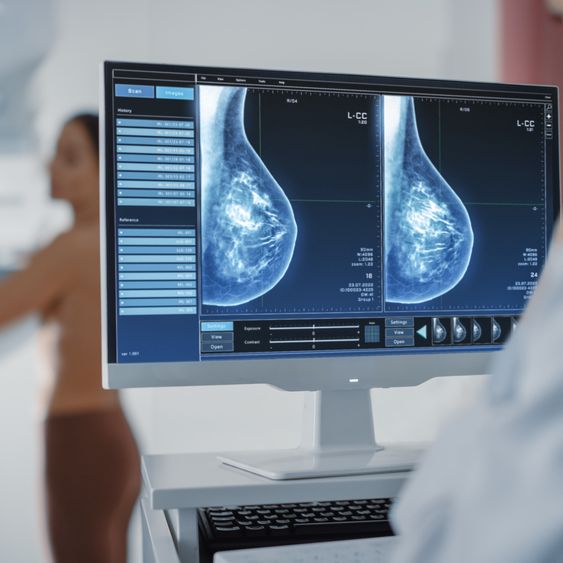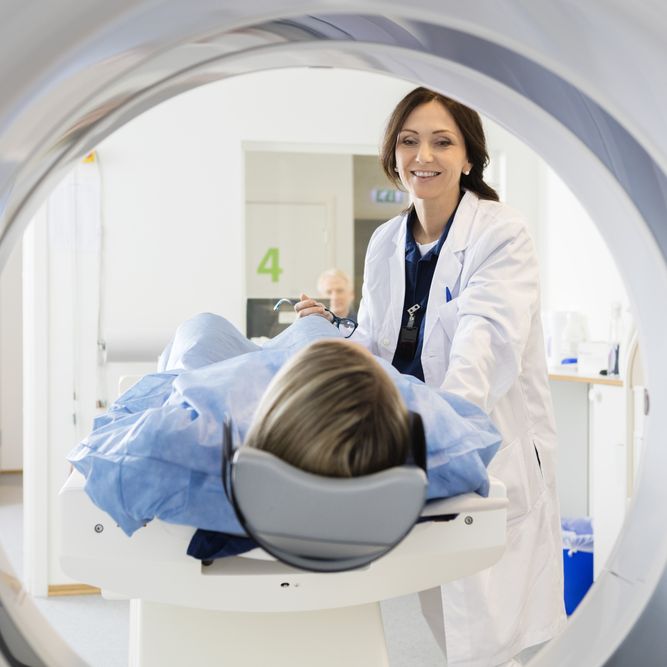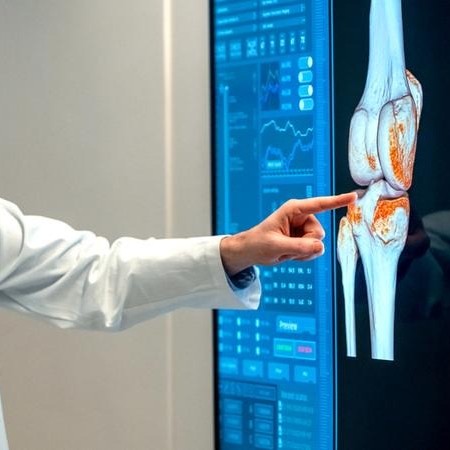How can we help?
At JRA our vision is to be the voice of imaging excellence and recognized as a value-driven partner in the coordination of patient care.

Body Imaging
Body imaging encompasses techniques aimed at diagnosing diseases of the gastrointestinal, genitourinary, cardiac, pulmonary, and musculoskeletal systems. Modalities used to image these organs include fluoroscopy, ultrasound, computed tomography, and magnetic resonance.

Vascular Interventional
Our vascular interventionalists perform a wide range of angiographic and interventional procedures including venous and arterial vascular studies, non-cardiac balloon angioplasty and stent placement, Inferior vena cava filter placement, as well as vascular tumor ablation. We also perform needle biopsies for diagnostic purposes (chest, abdomen, and pelvis), abscess drainage, and external drainage of obstructed kidneys or biliary systems. Uterine fibroid embolization, endovenous laser treatments for varicose veins and peripheral vascular screenings are also performed by our vascular interventional radiologists.

Mammography / Women’s Imaging
Screening and diagnostic breast evaluations are performed using special mammographic views, ultrasound, and MRI. Interventional breast procedures including mammographic and ultrasound guided needle localizations, ultrasound guided cyst aspirations as well as ultrasound and MRI guided core biopsies are available to aid the clinician in the diagnosis and management of breast diseases.

Neuroradiology
Neuroradiology uses neuroimaging techniques to diagnose and characterize abnormalities in the head and neck, spine, and central and peripheral nervous system. The two main kinds of imaging techniques that neuroradiologists employ are computed tomography (CT) and magnetic resonance imaging (MRI). Our board-certified neuroradiologists are available to assist you in diagnosing central nervous system disorders.

Nuclear Medicine
The nuclear medicine physicians are closely involved in diagnosing the presence or extent of occult infection, disease damage, clots, cancers, masses, etc. Many of their procedures also measure the degree of function present in an organ.

Musculoskeletal Imaging
Musculoskeletal imaging uses state-of-the-art MRI, CT, ultrasound, and diagnostic radiology to diagnose and assess bones, joints, and associated soft tissues.
